The budget is a challenge for the government in order to gain either political strength for the government or set the economic plan for future. The budget demonstrates the government's emphasis on attempting to improve the socio-economic condition of the masses through higher outlays on welfare, agriculture and health.
There should be priority on the national issues and allocation of funds for various key sectors and the role and extent of IFIs. Increase in tax to GDP ratio, downwards pressure on inflation and reducing fiscal deficit are the main challenges for the government in the next budget. Pakistan's present tax system has narrow tax base along with tax evasions too.
It does not support to raise tax to GDP ratio which has now declined to 9.5 percent and stagnating around less than 10% since many years. Tax to GDP ratio was 12% in 1980 and increased to 13% in 1990s now it is lower even in the region where average is 15% while in Europe it is ranging between 24 to 44 percent. Tax administration in Pakistan has targeted to raise ratio to 15-18 percent tax GDP in the coming 5 years.
In the past the promises of bringing Agriculture sector in to tax net, have been made but did not work. Now it has been warned by IMF that there is no escape, if Pakistan wants to continue with IMF program, it has to go for agriculture tax. It is observed that developing countries are gradually reducing the subsidies from their farmers while developed countries have been providing huge amount of subsidies to their farmer, which distort global production and trade.
These subsidies in developing countries discourage the competitive farmers to cultivate. There is a need to prepare an action plan to avoid the possible impact of expected crises and a long-term strategy is also required to increase the agricultural productivity in Pakistan.
BR100
15,100
Increased By
41.1 (0.27%)
BR30
43,391
Increased By
460 (1.07%)
KSE100
148,892
Increased By
77.2 (0.05%)
KSE30
45,214
Increased By
8 (0.02%)


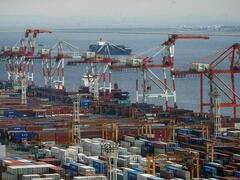


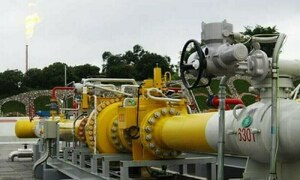

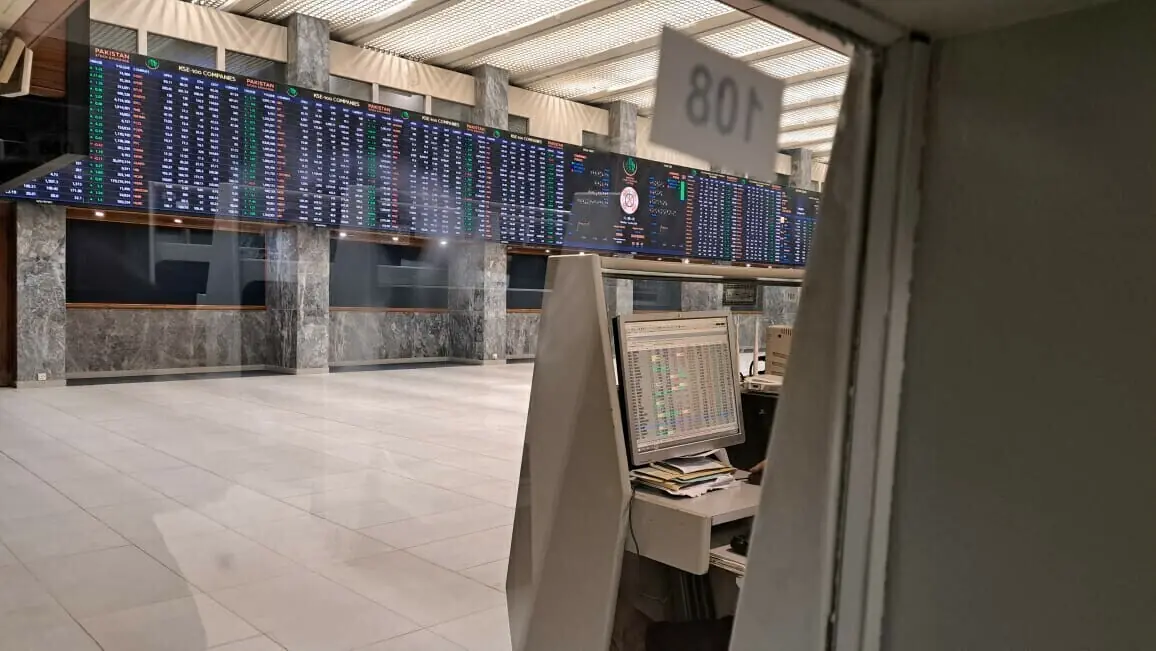
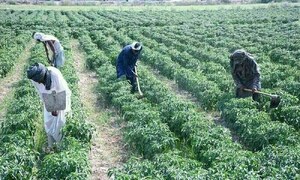
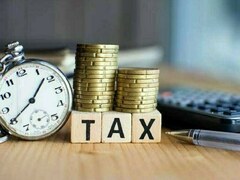



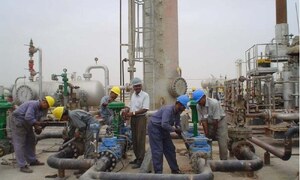
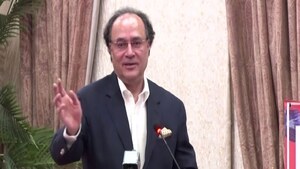
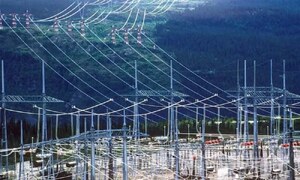

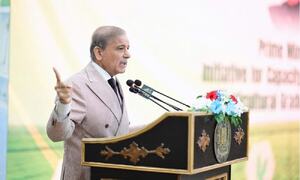

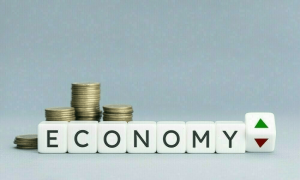

Comments
Comments are closed.